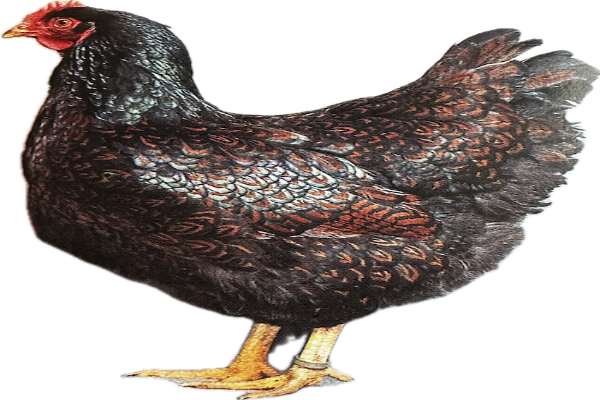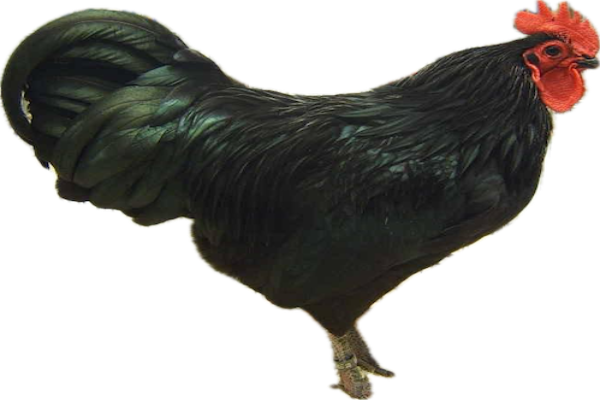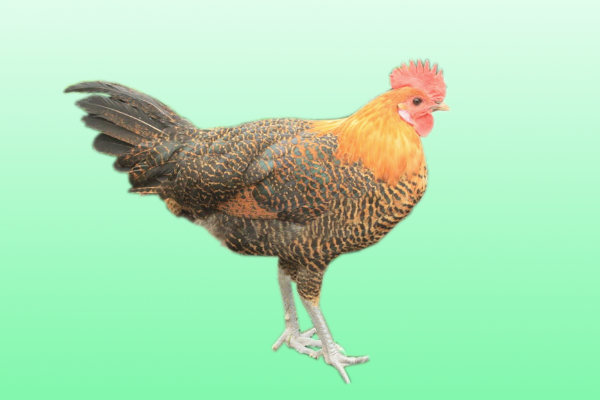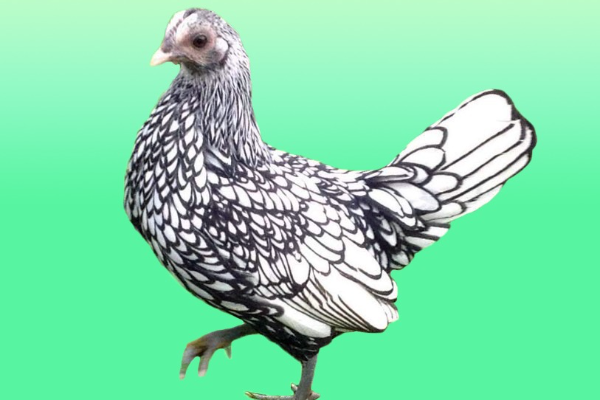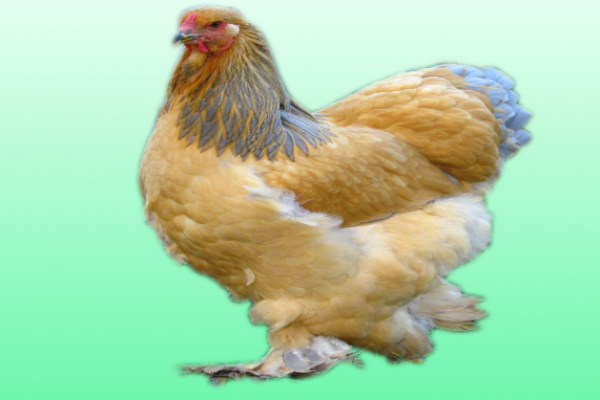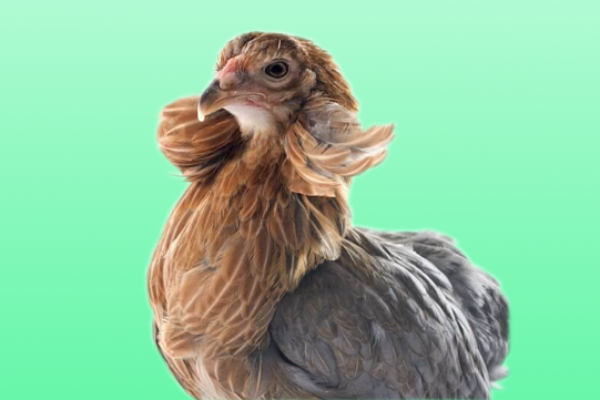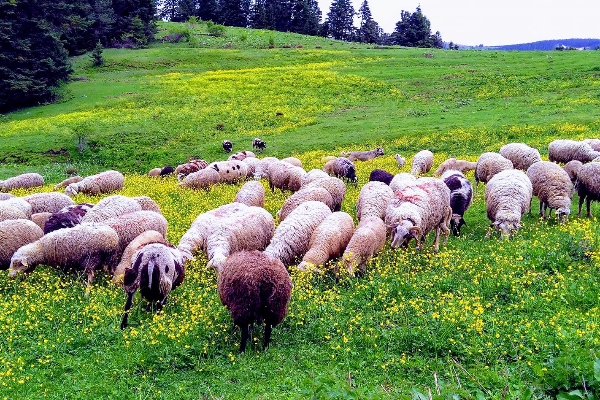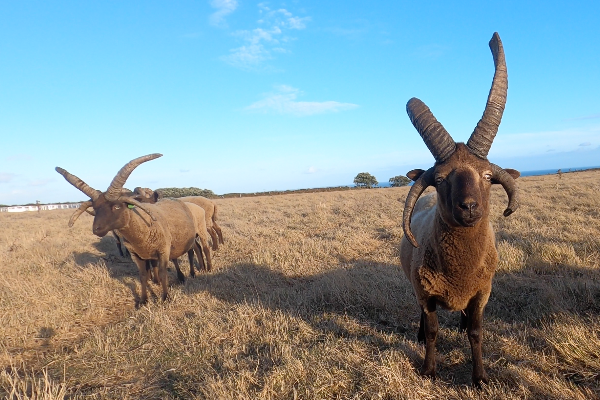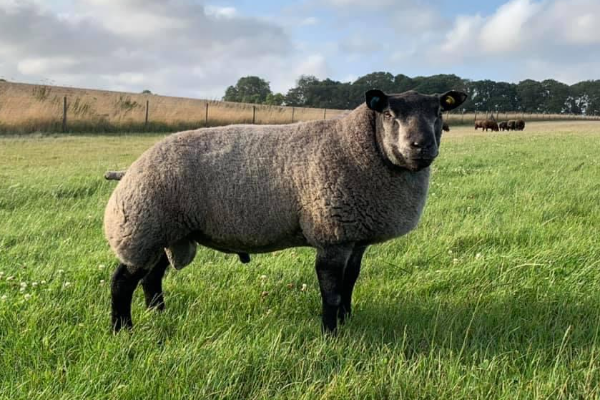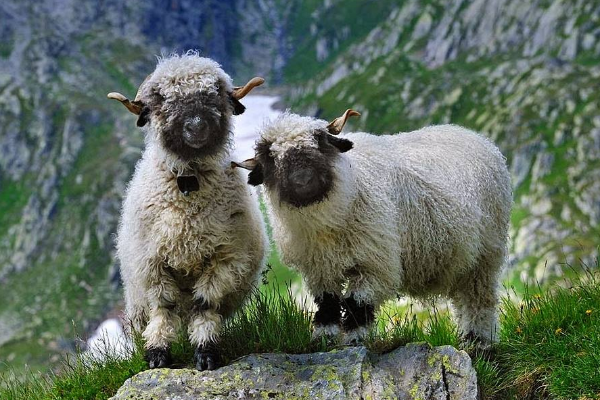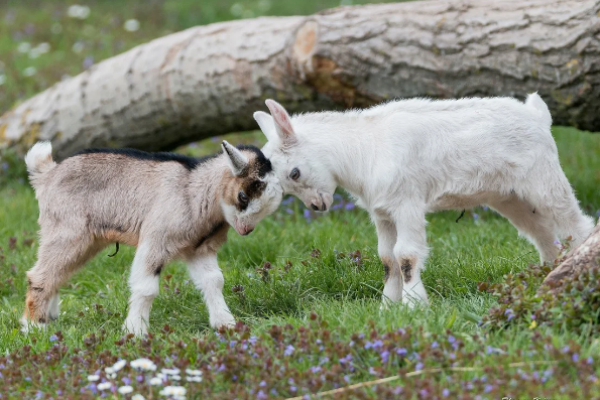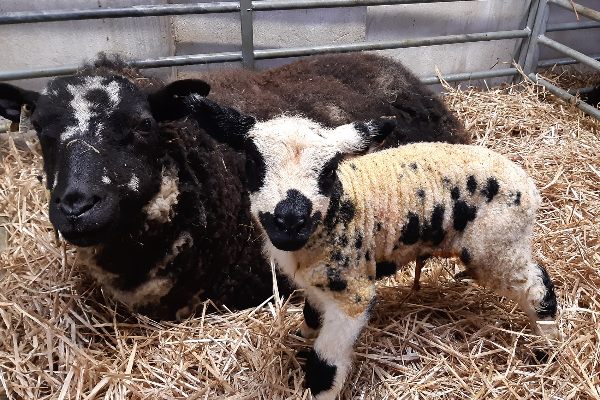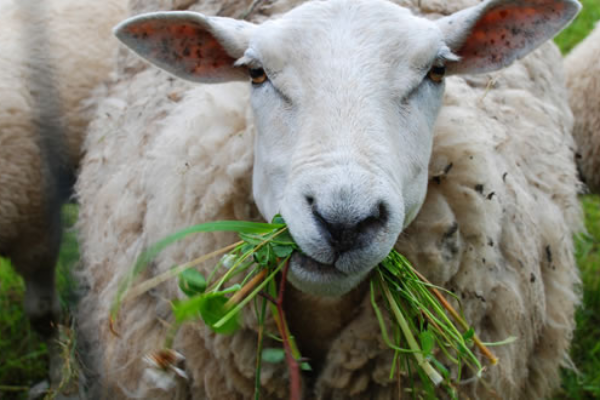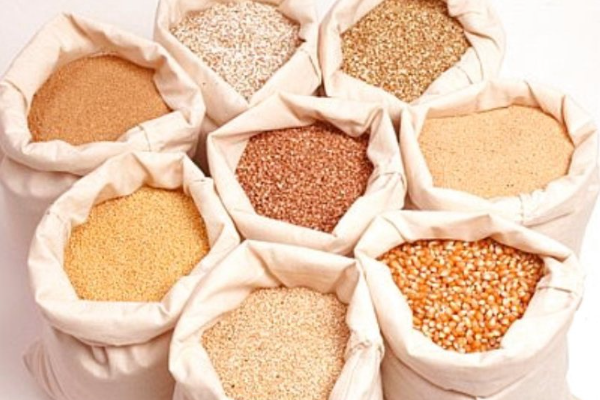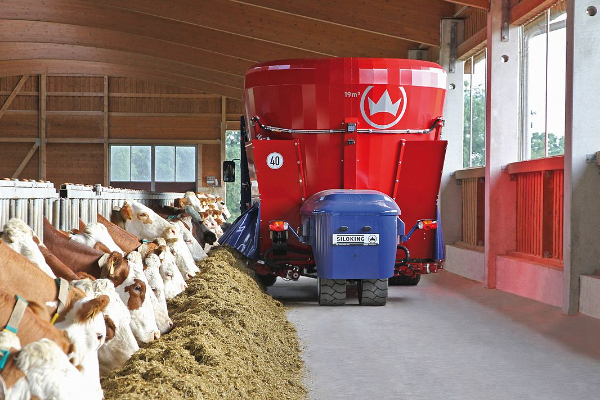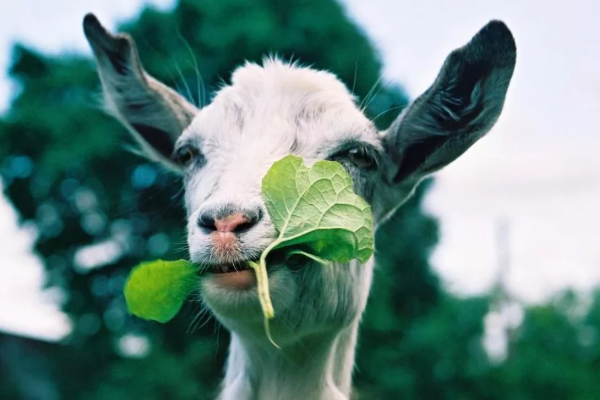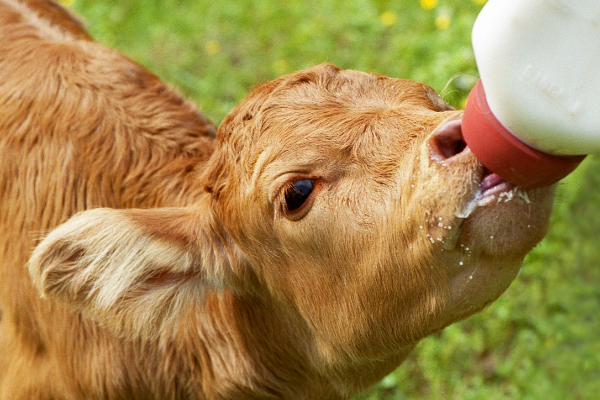Dalesbred Sheep Breeders Association
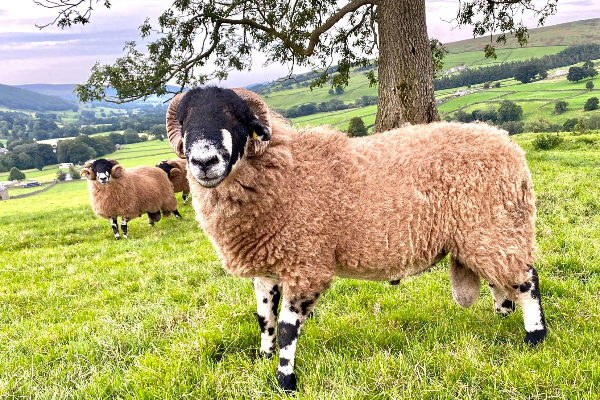
Dalesbred sheep are indigenous to the upper reaches of the Dales which comprise the central area of the Pennine Hills on the borders of the North and West Ridings of Yorkshire, North Lancashire and Cumbria. Here the Dalesbred sheep are well suited to both hill and lowland farms, able to cope with harsh environments and good pasture grazing capable of producing a quality carcass pure or crossbred lamb from any area suitable for today’s market requirements.
The first annual meeting of the Dalesbred Sheep Breeders' Association was not until 1946.
ABOUT DALESBREDS:
- Crossing Potential
- The Dalesbred can produce a valuable crossed lamb as well as providing reliable pure bred replacements. Crosses such as that of the Dalesmule, Masham and continentals can play a key part in the breeding sheep up and down the UK, as well as providing a quality carcass lamb, also profitable when sold.
- Longevity
- Dalesbred sheep are long lived, capable of rearing strong lambs for many years even in harsh fell environments, due to being a reliable strong hardy sheep.
- Conformation
- The Dalesbred provides an excellent carcass suitable for breeding commercial ewes while still maintaining a valuable whether lamb carcass which is suitable for today’s market. With her excellent conformation comes weight too.
- Maternal
- The Dalesbred is prolific and is an excellent mother. She is milky and will rear twins with little problems. Her lambs are vigorous and strong, and little lambing assistance required.
- Hardy
- The Dalesbred is designed for hill farming and therefore can cope with harsh environments and weather conditions.
- Conservation schemes
- Dalesbred sheep are a native breed and therefore qualify for certain conservation schemes. They are a hill breed so are suitable for the areas of harsh roughage often found in the scheme environments.
- Quality Rams
- All registered rams are inspected thoroughly by society markers. These are then crowned and tagged with an association tag to allow them fit for purpose and sale.
- Wool
- Dalesbred wool is dense often weighing 1.5 to 3 kg. The wool is used mainly in the carpet making industry with a small amount going to the Tweed makers.
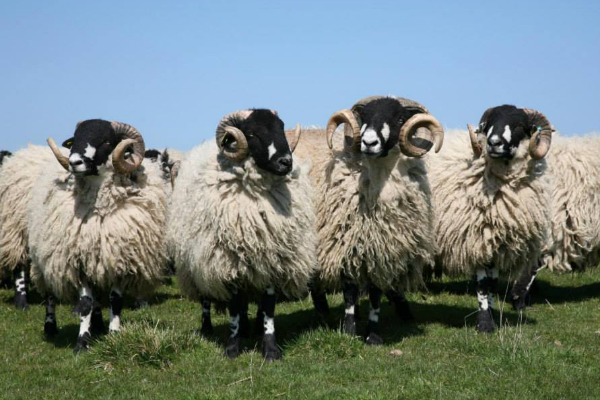
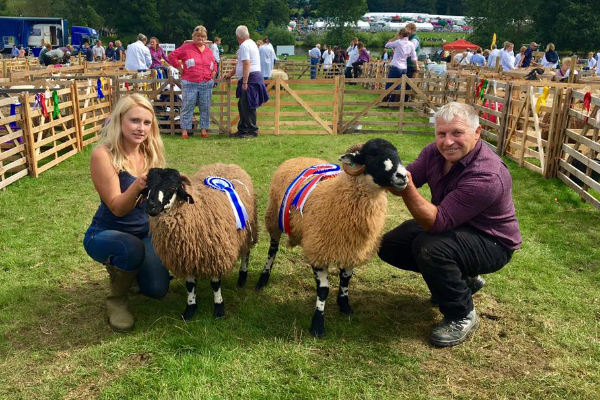
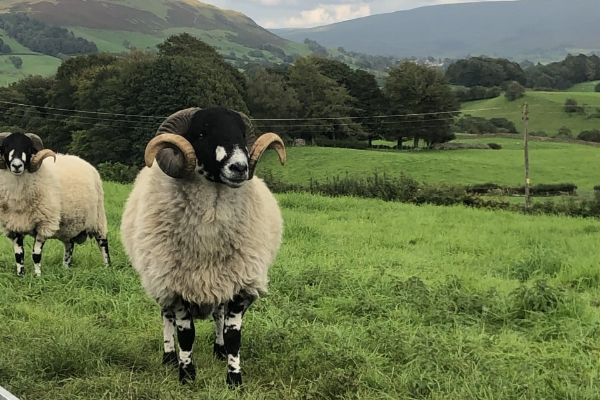
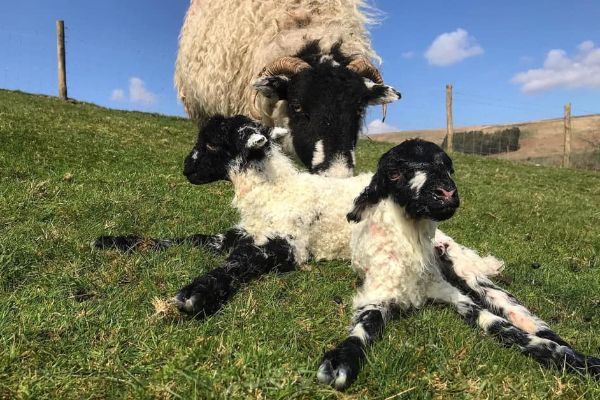
CHARACTERISTICS:
Head- A well developed head that has a deep low jaw, large nostrils with the upper part good black and a little white each side of nostrils with a grey nose end. Good broad teeth. Horns that are low set, round and rather wide and ears that are black and white.
Legs- Black and white legs with pleny of bone. Walk well
Carcase- Long drawn, Good hind quarters and good tail.
Wool- Clear of black. Good deep fleece of good quality with little bind
Overall points- Head, horns and ears: 20pts
- Legs: 15pts
- Carcase: 25pts
- Wool: 25pts
- Tail: 5 pts
- General bearing and character: 10pts
- Total: 100 pts
These points have changed little over the years but we have seen a remarkable change in the appearance of the sheep. If you wish to register your Dalesbred sheep then please read the appropriate section of the rules and contact the breed Secretary, Sarah Fleetwood, 07808 781507 - [email protected]
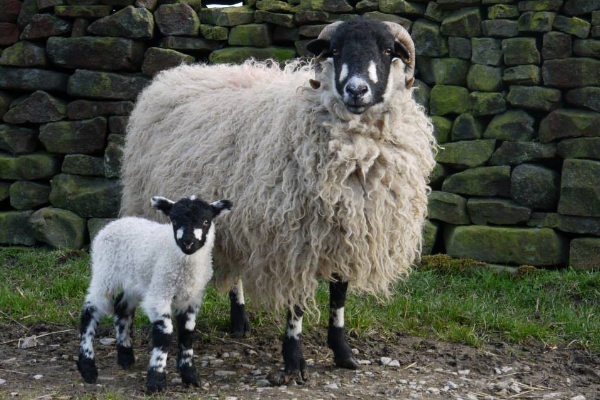
Please note:
The ram lambs are inspected and given a tag which has their own individual number and owners flock number on them. They are inspected as shearlings and registered to be sold at the sales in the autumn. Ewes are also registered as gimmer shearlings. All the rams are registered and their pedigrees MUST be included in a flock book which is produced annually.
Breeder Info
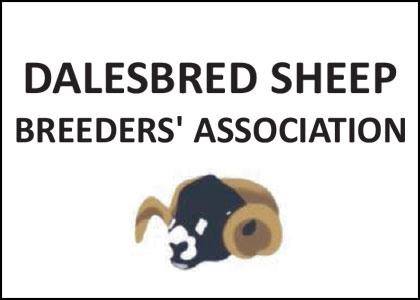
- +44 793 953 19 59
- [email protected]
- http://dalesbredsheep.co.uk
- Harrogate, North Yorkshire - GB
- Dalesbred
BreedsMore
IllnessesMore
Forage cropsMore
![]() Патологическая физиология голодания Arina TARAN
Патологическая физиология голодания Arina TARAN![]() Дефицит фосфора (гипофосфатемия) Hipofosfatemi Arina TARAN
Дефицит фосфора (гипофосфатемия) Hipofosfatemi Arina TARAN![]() Какие бывают кормораздатчики для ферм КРС? Irina Makarova
Какие бывают кормораздатчики для ферм КРС? Irina Makarova![]() Кормушки для овец Diana Myakisheva
Кормушки для овец Diana Myakisheva![]() Питание домашних коз: что едят, виды корма и правила кормления Alina Arslantürk
Питание домашних коз: что едят, виды корма и правила кормления Alina Arslantürk![]() Важность минералов питании сельскохозяйственных животных Irina Makarova
Важность минералов питании сельскохозяйственных животных Irina Makarova

